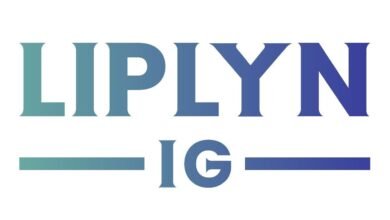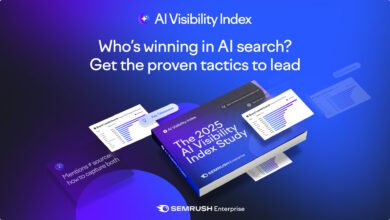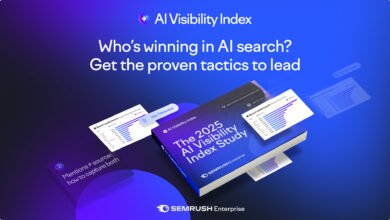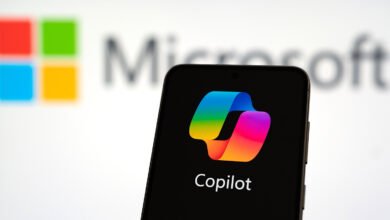Boost Your SEO: How AI Search Rewards Crawlable Sites

▼ Summary
– Crawl waste from non-indexed pages is a major SEO issue that can be improved by optimizing sitemaps and indexing strategies.
– Reducing duplicate and redirected URLs in the sitemap from over 4,000 to under 200 improved crawl efficiency for search engines and AI systems.
– After cleanup, AI search visibility increased up to 10% across platforms like Perplexity, Gemini, and Meta AI, with overall visibility exceeding 90%.
– ChatGPT was the exception, showing a 4.1% drop in visibility, possibly due to slower adaptation to indexing changes compared to other platforms.
– The results suggest that traditional SEO improvements, such as crawl waste cleanup, can also benefit AI search visibility and help brands gain a competitive edge.
Boosting your website’s performance in AI search results starts with a clean, well-structured foundation that search engines can easily navigate. Crawl waste, the excessive presence of non-indexed pages cluttering your site, represents a significant but often overlooked barrier to achieving optimal visibility. By systematically removing this digital debris, you allow both traditional search engines and advanced AI platforms to focus their attention on your most valuable, authoritative content, which can directly influence your ranking potential.
Recent analysis for a client in the childcare sector provides compelling evidence for this approach. The primary objective was to evaluate how reducing crawl waste would impact visibility across various AI search platforms. The findings, while preliminary, offer a promising direction for SEO strategies in the age of AI-powered search.
The cleanup process itself was methodical. The client’s website presented a common issue: a sitemap containing approximately 4,000 duplicate and redirected URLs that should never have been submitted for indexing. A sitemap’s sole purpose is to list the canonical versions of pages you actively want search engines to discover and include in their results. Alongside these problematic URLs, the site was burdened by low-quality directory listings, all contributing to an unhealthy technical profile. The remediation involved a significant sitemap optimization, slashing the number of non-canonical URLs from over 4,000 to under 200. This decisive action dramatically improved crawl efficiency, ensuring that search engine bots spent their valuable time on high-quality, intent-rich pages rather than getting lost in a maze of irrelevant or duplicate content.
The response from AI search platforms was overwhelmingly positive. Following the cleanup, the client’s visibility increased on nearly every major platform, with gains of up to 10% observed. Overall visibility soared above 90% on platforms including Perplexity, AI Mode, Google’s AI Overviews, Gemini, Grok, and Meta AI. This metric was calculated by comparing the number of times the brand appeared in relevant prompt results against the total number of prompts issued.
A notable exception was ChatGPT, which experienced a 4.1% dip in visibility. This is likely attributable to its architecture; ChatGPT can be slower to integrate the very latest web information unless a user specifically enables its browsing feature. Because the project involved substantial technical and indexing changes, more agile platforms like Perplexity and Google’s tools were able to reflect the improvements much faster. The strong positive response from the entire suite of Google AI tools is particularly telling. It reinforces Google’s consistent guidance that the core principles of sound SEO, like a clean, crawlable site, are equally foundational for success in AI search. Despite the minor setback with ChatGPT, the net result was a 3.5% increase in overall visibility. While not an enormous leap, this upward trend is crucial for gaining a competitive edge. In fact, the boost on Gemini was sufficient for the client to finally surpass a key rival that had consistently held the lead.
This case study underscores a critical lesson for modern search marketers. Technical SEO health is not a relic of the past but a fundamental prerequisite for AI search success. The immediate gains witnessed here, from overtaking competitors to achieving near-total visibility on most platforms, highlight the tangible benefits of a disciplined, crawl-focused optimization strategy. Proactively auditing and refining your sitemap and indexation settings is no longer just a best practice, it’s an essential step to ensure your best content gets the attention it deserves from the next generation of search tools.
(Source: Search Engine Land)





